Organic food market booming despite high prices
At supermarket systems in Hanoi BRG Mart, Big C, Xanh Sam or L's Place (chain of stores specializing in providing clean food for foreigners), the organic food display area is always prominently displayed. Shelves labeled “organic” or with traceability stamps are often placed near the entrance or next to the high-end food area. Products are abundant, from vegetables, meat, fish to eggs, milk...
Price is always a factor that consumers consider. Organic vegetables at BRG Mart supermarket cost 45,000 VND/bunch, twice as much as regular vegetables. A tray of organic eggs at L's Place costs about 78,000 VND/6 eggs, while regular eggs cost just over 30,000 VND/10 eggs. Or squash at Xanh Sam food store costs 75,000 VND/fruit, amaranth costs 62,000 VND/kg, 2 to 3 times more expensive than at traditional markets. However, many customers are still willing to pay.
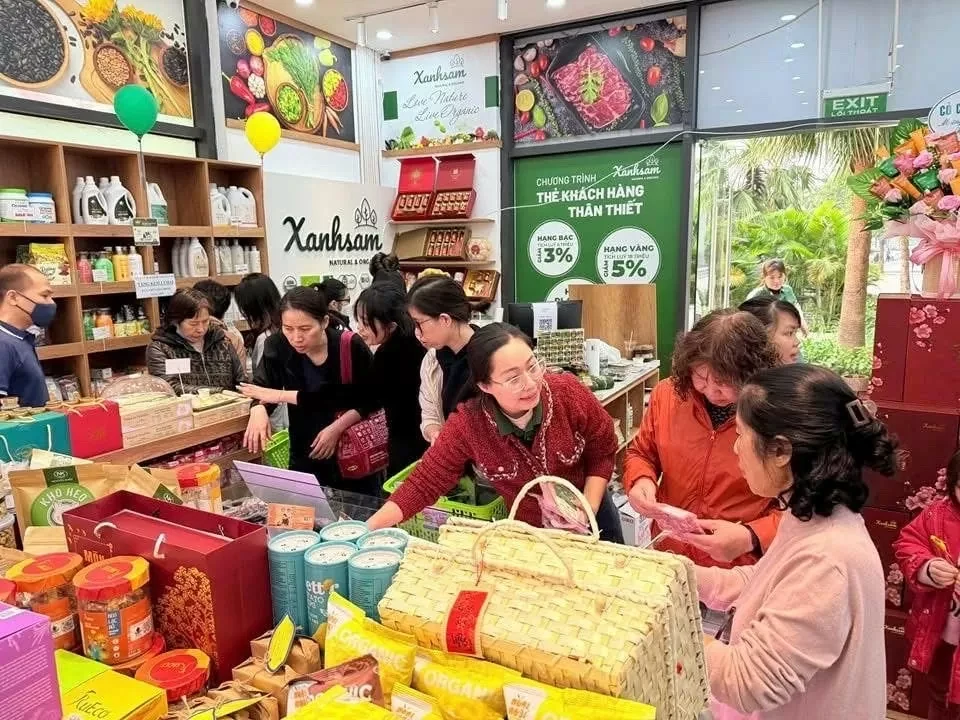
Ms. Nguyen Hoai Thu (Cau Giay, Hanoi) shared: “ I used to hesitate when I saw the high price, but after my child had a food allergy due to eating vegetables of unknown origin, I completely switched to using organic food. Although it costs a few hundred thousand more each month, in return, the whole family is assured .”
A survey at the Xanh Sam store (Dong Da district, Hanoi), one of the pioneering stores distributing organic food in Hanoi, showed that purchasing power increased by about 25% compared to the same period last year. Ms. Van Anh, a store employee, said: “ Customers no longer ask us "why is it so expensive" but instead ask "where is it grown, what certification is it?". This shows that awareness of quality is changing positively .”
Consumers change their thinking, businesses invest heavily
Statistics from market research company AC Nielsen show that 24% of Vietnamese people use organic food daily, 16% use 4-5 times per week. Nearly 90% think organic food is expensive, but most are still willing to pay more for safe products with clear origins.
In addition, the middle class in Vietnam is expanding, along with the influence of social networks, they are willing to spend more on health. Therefore, organic food is increasingly sought after, especially in big cities.
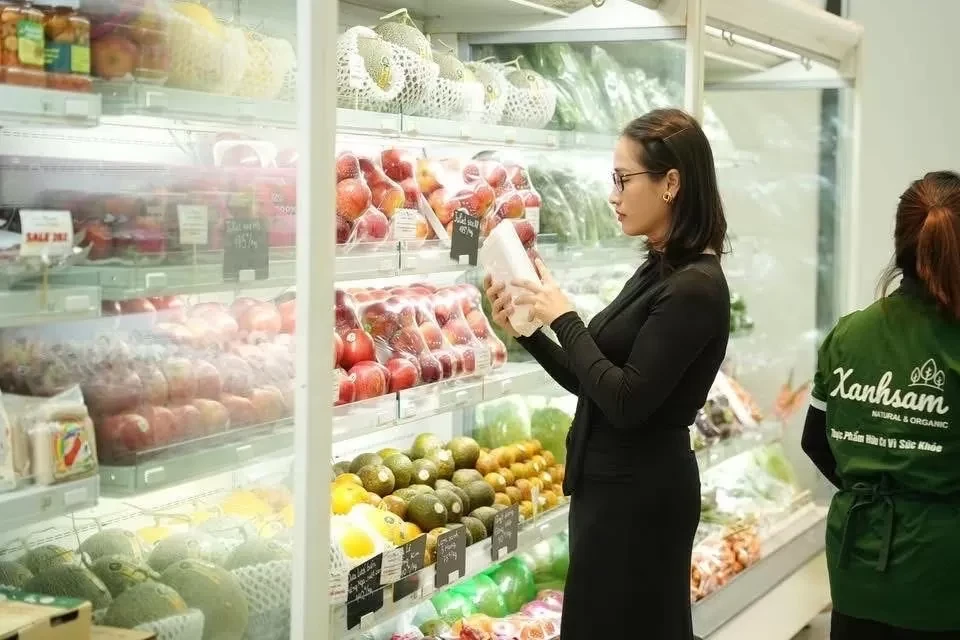
Not only consumers are changing, businesses are also investing heavily. DannyGreen Joint Stock Company, the developer of 7 organic melon farms, spent nearly 10 years perfecting the chemical-free production model. A company representative said: “ We treat pests with garlic, organic fertilizers and strictly monitor the cultivation process with QR codes. Thanks to that, the products are increasingly well received by the domestic market .”
In Hanoi, many young startups are not left out of this exciting game. Dung Ha Organic Vegetable Store (Thuy Khue Street) specializes in selling organic vegetables from Son La and Lao Cai , receiving fresh goods every morning. Mr. Dung, the store owner, said: “ At first, the customers were mainly mothers with babies, but now office workers also order a lot. Every day I sell more than 100 online orders, not to mention customers who come to buy directly .”
A notable new trend is the emergence of humane products such as cage-free, free-range eggs. Vinh Thanh Dat Company, the supplier of this type of egg, said the product grows 20-30% per year, twice as much as regular eggs.
Despite the great potential, businesses still expect clearer and more sustainable support policies from the government. Currently, the organic farming area in Vietnam reaches nearly 200,000 hectares, ranking third in ASEAN, but still cannot meet demand. According to the national strategy, Vietnam aims to reach 840,000 hectares of organic agricultural land by 2030, equivalent to about 3% of the total cultivated land area.
Source: https://baoquangninh.vn/nguoi-viet-tang-chi-cho-thuc-pham-huu-co-vi-suc-khoe-3359225.html



























![[Photo] National Assembly Chairman Tran Thanh Man visits Vietnamese Heroic Mother Ta Thi Tran](https://vphoto.vietnam.vn/thumb/1200x675/vietnam/resource/IMAGE/2025/7/20/765c0bd057dd44ad83ab89fe0255b783)




















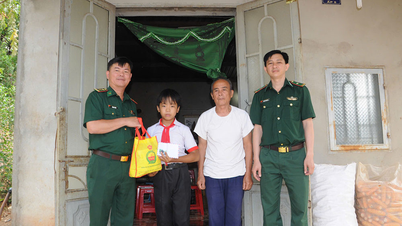















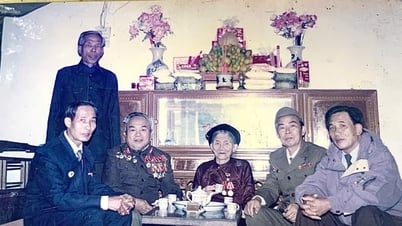












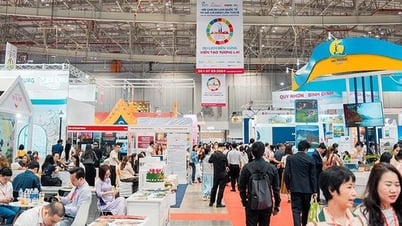

























Comment (0)